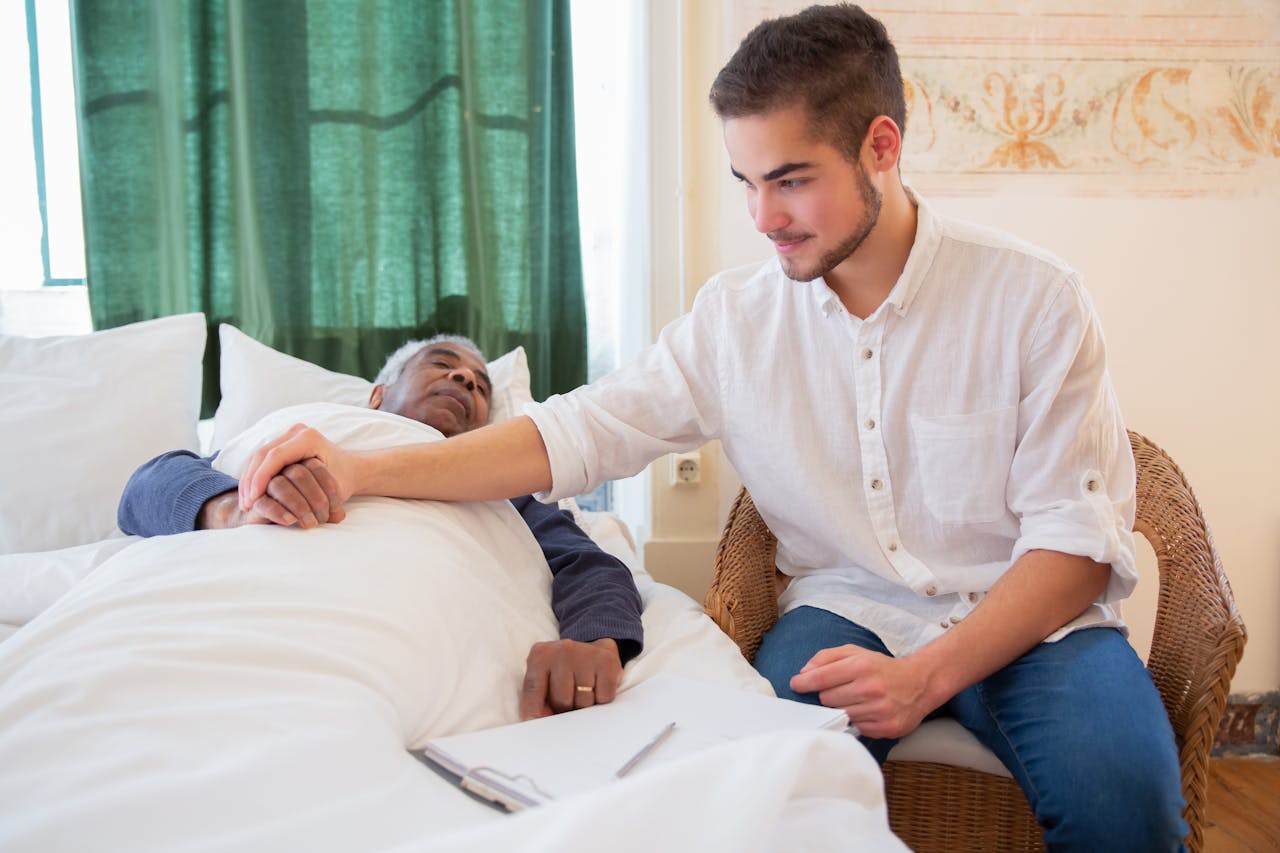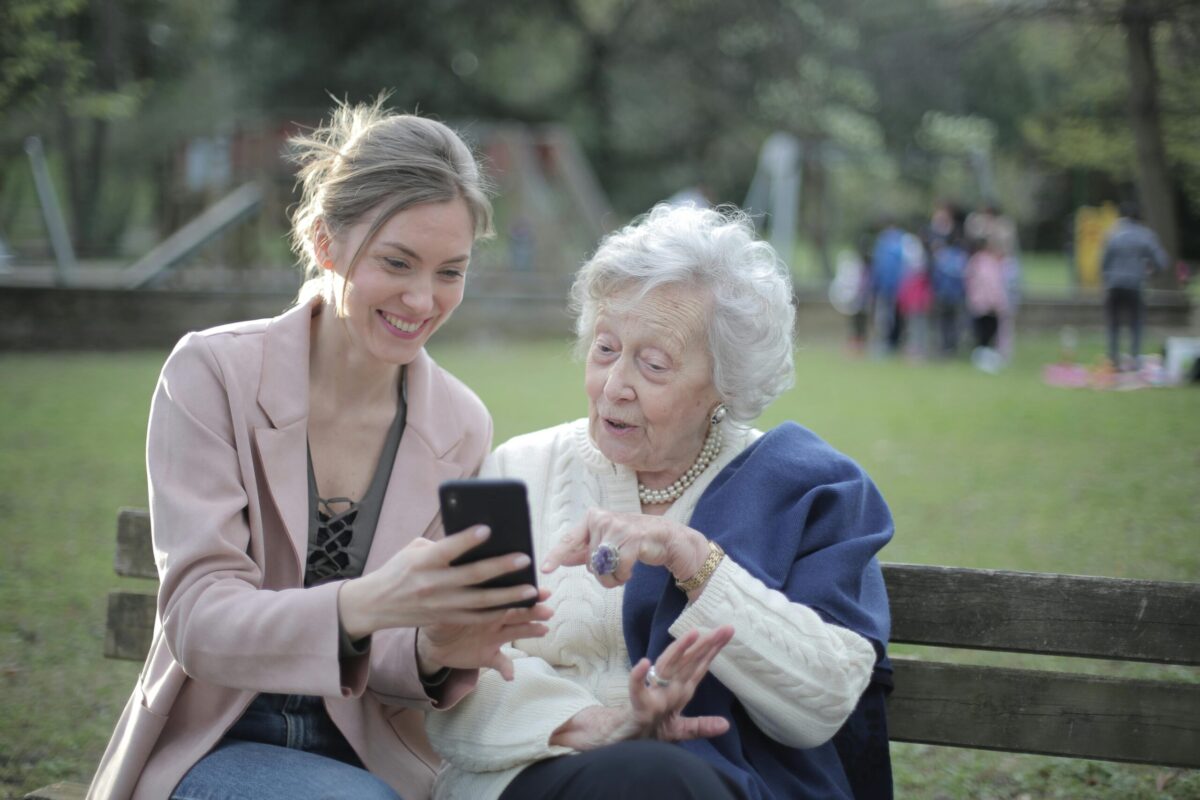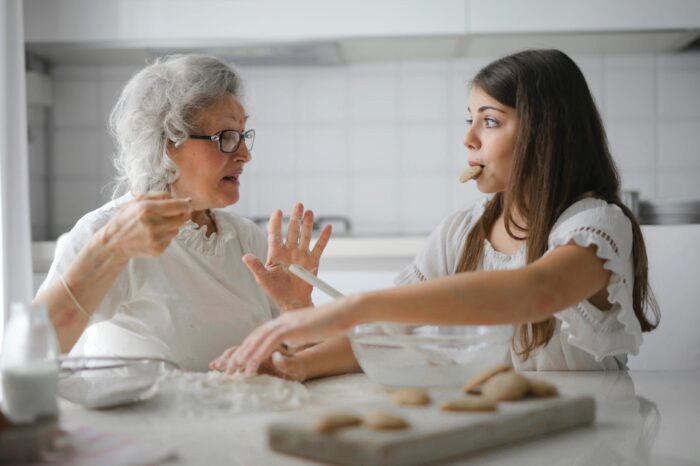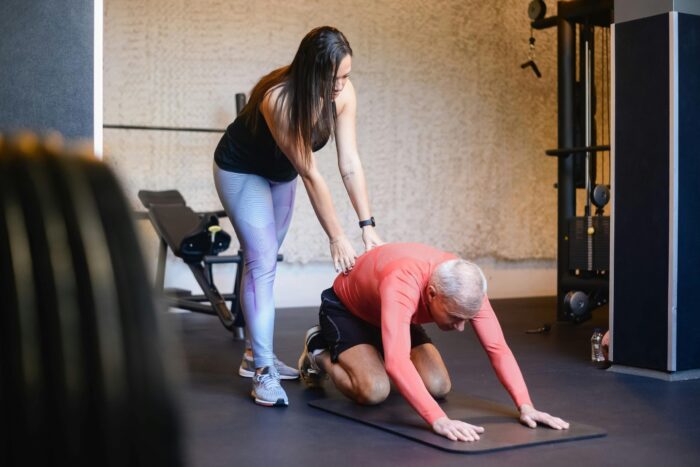Why It's Important?
Emergency preparedness is crucial for seniors as it ensures their safety and well-being during unexpected situations. Seniors often face additional challenges such as mobility issues, medical needs, and isolation, making it vital to have a clear plan in place. An emergency kit with essential supplies, knowledge of local resources, and a reliable medical alert system can provide immediate assistance and peace of mind. Being prepared enhances independence, reduces anxiety, and ensures that help is readily available, significantly increasing the chances of a positive outcome during emergencies. Proactive planning is key to protecting seniors and maintaining their quality of life.

Emergency preparedness is crucial for everyone, but it is especially important for seniors who may face additional challenges during emergencies. This comprehensive guide outlines the essential steps seniors can take to create an emergency plan and kit, know their local emergency resources and contacts, and understand the importance of medical alert systems. By following these guidelines, seniors can ensure they are well-prepared for any unexpected situations.
Creating an Emergency Plan and Kit
1. Assess Personal Needs
Before creating an emergency plan, it is vital for seniors to assess their personal needs and those of their household. Consider any specific medical requirements, mobility issues, dietary restrictions, and the need for assistive devices. Make a list of these needs to ensure nothing is overlooked.
2. Develop a Communication Plan
Communication is key during an emergency. Seniors should establish a communication plan with family members, friends, and neighbors. Share contact information and decide on a primary and secondary method of communication (e.g., phone calls, text messages, social media). Ensure that everyone involved understands the plan and knows how to reach each other.
3. Identify Safe Locations
Identify safe locations within and outside the home where seniors can go during an emergency. This may include a designated room in the house for sheltering in place or a nearby community center or relative’s home. Make sure the chosen locations are accessible and equipped to meet the senior’s needs.
4. Create an Evacuation Plan
Seniors should have a clear evacuation plan in case they need to leave their home quickly. This plan should include:
- A designated meeting place outside the home.
- Multiple escape routes in case primary routes are blocked.
- Transportation arrangements, especially if the senior does not drive.
5. Assemble an Emergency Kit
An emergency kit should be easily accessible and contain the following essential items:
- Water: At least one gallon per person per day for three days.
- Food: Non-perishable food items for at least three days.
- Medications: A week’s supply of prescription medications and a list of medications and dosages.
- Medical Supplies: Items such as hearing aids, glasses, contact lenses, and batteries.
- First Aid Kit: Basic first aid supplies to treat minor injuries.
- Important Documents: Copies of personal identification, medical records, insurance policies, and a list of emergency contacts.
- Cash: Small denominations of cash in case ATMs and credit card machines are not working.
- Clothing and Bedding: Extra clothing, blankets, and sleeping bags.
- Sanitation Supplies: Items such as hand sanitizer, wipes, and personal hygiene products.
- Tools and Supplies: Flashlight, batteries, multi-tool, whistle, and duct tape.
- Pet Supplies: Food, water, and other essentials for pets.
Knowing Local Emergency Resources and Contacts
1. Local Emergency Management Agencies
Seniors should be familiar with their local emergency management agencies. These agencies provide valuable information on emergency preparedness, response plans, and available resources. Many agencies offer special programs and assistance for seniors.
2. Community Emergency Response Teams (CERT)
Community Emergency Response Teams (CERT) are local groups of volunteers trained to assist during emergencies. Seniors can join CERT to receive training and participate in community preparedness efforts. CERT members can also provide support to seniors during emergencies.
3. Healthcare Providers
Maintain updated contact information for healthcare providers, including primary care physicians, specialists, and pharmacies. During an emergency, healthcare providers can offer medical advice, refill prescriptions, and coordinate care.
4. Utility Companies
Utility companies should be contacted in advance to inform them of any special needs, such as reliance on medical equipment that requires electricity. Many utility companies maintain a list of customers with special needs and prioritize restoring service to them during outages.
5. Local Shelters and Relief Organizations
Identify local shelters and relief organizations, such as the Red Cross, that provide assistance during emergencies. These organizations offer shelter, food, and other essential services. Knowing the locations and contact information for these resources can be lifesaving.
6. Social Services and Support Networks
Social services and support networks, such as senior centers, Meals on Wheels, and faith-based organizations, play a crucial role in supporting seniors during emergencies. These organizations can provide food, transportation, and emotional support.
The Importance of Medical Alert Systems
1. Immediate Access to Help
Medical alert systems provide seniors with immediate access to help during emergencies. These systems typically include a wearable device with a button that, when pressed, connects the user to a monitoring center. Trained operators at the center can assess the situation and dispatch emergency services if needed.
2. Fall Detection
Many medical alert systems come with fall detection features. These devices automatically detect falls and send alerts to the monitoring center. This feature is particularly important for seniors who live alone or have mobility issues, as falls can result in serious injuries.
3. Peace of Mind
Medical alert systems offer peace of mind to both seniors and their families. Knowing that help is just a button press away can alleviate anxiety and provide a sense of security. Family members can also receive notifications and updates, ensuring they are informed about their loved one’s well-being.
4. Independence
Medical alert systems enable seniors to maintain their independence while ensuring they are safe. Seniors can continue living in their homes and going about their daily activities with the confidence that help is available if needed.
5. Customizable Features
Modern medical alert systems offer a range of customizable features to meet individual needs. These features may include GPS tracking, medication reminders, and wellness checks. Seniors can choose the features that best suit their lifestyle and health requirements.
6. Easy to Use
Medical alert systems are designed to be user-friendly, with simple and intuitive interfaces. Most systems require minimal setup and are easy to operate, making them accessible for seniors with varying levels of technological proficiency.
Emergency Supply Kit Tailored For Different Situations
emergency supply kit tailored for different situations is essential for ensuring safety and preparedness. Here’s a table listing the necessary items for various emergency scenarios:
| Situation | Essential Supplies | Additional Supplies (if applicable) |
|---|---|---|
| General Emergency | – Water (1 gallon per person per day for at least 3 days) | – Books, games, puzzles, or other activities for children |
| – Non-perishable food (3-day supply) | ||
| – Battery-powered or hand-crank radio | ||
| – Flashlight | ||
| – Extra batteries | ||
| – First aid kit | ||
| – Medications (7-day supply) | ||
| – Multi-tool | ||
| – Sanitation and personal hygiene items | ||
| – Copies of personal documents (medical information, proof of address, etc.) | ||
| – Cell phone with chargers | ||
| – Emergency blanket | ||
| – Maps of the area | ||
| – Cash | ||
| Natural Disasters | – All items in General Emergency | – Work gloves |
| (e.g., earthquakes, | – Dust masks | – Hard hats |
| hurricanes, floods) | – Whistle | – Fire extinguisher |
| Power Outages | – All items in General Emergency | – Solar charger or inverter |
| – Manual can opener | ||
| – Matches or lighter | ||
| – Fuel for cooking (if applicable) | ||
| Evacuations | – All items in General Emergency | – Lightweight, portable shelter |
| – Sleeping bags or warm blankets | – Change of clothing | |
| – Sturdy shoes | ||
| – Personal care items (toothbrush, soap, etc.) | ||
| Winter Storms | – All items in General Emergency | – Rock salt or sand to improve traction |
| – Warm clothing, hats, gloves, and scarves | – Snow shovel | |
| – Extra blankets and sleeping bags | ||
| – Portable heater (indoor safe) | ||
| Pandemics | – All items in General Emergency | – Face masks |
| – Hand sanitizer | – Disinfectant wipes | |
| – Soap and water | – Thermometer | |
| Vehicle Emergencies | – Water and non-perishable food | – Tire repair kit |
| – First aid kit | – Jumper cables | |
| – Flashlight | – Road flares or reflective triangles | |
| – Basic tool kit | – Spare tire | |
| – Blankets | – Cat litter or sand for tire traction | |
| – Maps | ||
| – Cell phone charger |
Having an emergency supply kit ready for different situations can significantly improve your safety and preparedness. Regularly check and update your supplies to ensure everything is in working order and not expired.
Conclusion
Emergency preparedness is essential for seniors to ensure their safety and well-being during unexpected situations. By creating a comprehensive emergency plan and kit, knowing local emergency resources and contacts, and utilizing medical alert systems, seniors can be well-prepared for any emergency. These steps provide peace of mind, enhance independence, and ensure that help is always available when needed. Seniors should regularly review and update their emergency plans and kits to adapt to changing needs and circumstances. By taking these proactive measures, seniors can confidently face emergencies and remain safe and secure.
Related Articles

What is Palliative Care?
Palliative care is a specialized medical care approach focused on providing relief from the symptoms and stress of a serious illness.

Understanding Assisted Living
Assisted living provides older adults with a residential option that combines housing, personal care, and health services.

Introduction to Nursing Homes
Assisted living offers daily support and independence; nursing homes provide 24/7 medical care;

Benefits of Yoga for Seniors
Discover how yoga can enhance flexibility, balance, and mental well-being





